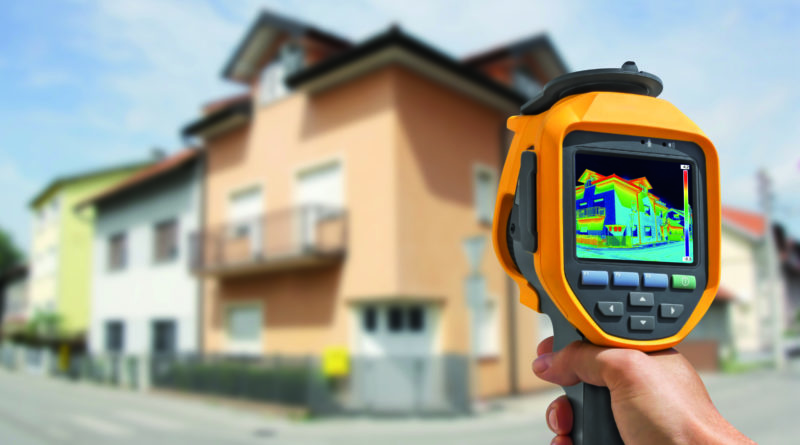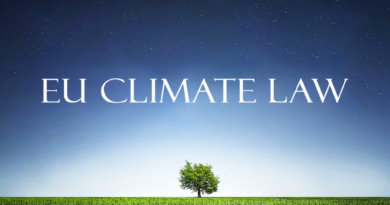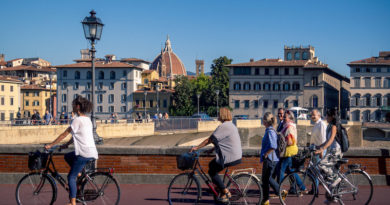
How innovation will help reach the Energy Efficiency directive target by 2030
In order to achieve European targets on Energy Efficiency, innovation needs to be at the forefront of the EU’s efforts. By embracing technology, implementing energy efficiency measures and making the most of alternative energy resources, we can accelerate progress towards achieving this goal.
A collective effort from EU Member States, energy companies, businesses, and consumers to embrace innovation will see energy used more efficiently at all stages of the value chain.
On 30 November 2016, the European Commission presented the Clean Energy for All Europeans package, which aims to help the EU energy sector become more stable, competitive, and sustainable.
In order to encourage investment in the clean energy transition, the package has three aims: to put energy efficiency first, to achieve global leadership in renewable energies, and to provide a fair deal for consumers.
Regarding energy efficiency, in October 2014 the European Council prioritised the revision of the existing legal framework, stressing that: “an indicative target at the EU level of at least 27% is set for improving energy efficiency by 2030. This will be reviewed by 2020, having in mind an EU level of 30%”.
In November 2016, the European Commission adopted a proposal, introducing the revised Energy Efficiency Directive which included a binding target involving a 30% reduction of energy consumption by 2030, compared to the business-as-usual projections.
The revised Energy Efficiency Directive, which is still under negotiation, also contains the provisions that EU countries have to set up in order to reach these targets. The main instruments are energy efficiency obligation schemes (or alternative measures).
These schemes or measures require energy distributors and/or retail energy sales companies to reduce the volume of energy sales to final customers by 1.5% annually.
Other provisions of the directive take care of metering and billing information, public procurement, renovation obligations, mandatory audits etc.
Regardless of the final result of negotiations, such a piece of legislation will require a substantial amount of innovation to be effectively translated into concrete results.
In the meantime, new obligations made to Member States would also help boost business opportunities for innovators. In working towards achieving these aims, EU countries will play a vital role in leading the clean energy transition, fighting against climate change, creating jobs and fostering growth and competitiveness in the EU.
As a matter of fact, existing solutions such as providing wall and roof insulation, and installing double glazing for windows can help make buildings more energy efficient.
EU countries can also offer financial incentives to companies that make use of energy efficient technologies. Similarly, energy taxes could be introduced and additional energy labelling schemes could be used beyond what is currently required under EU legislation.
At InnoEnergy, we believe that innovation is key to achieving the Energy Efficiency Directive target.
We work closely with a network of partners, building connections across Europe, with the aim of bringing innovators and industry together. We work across three areas within the field of innovation.
In education, we help to create an informed and ambitious workforce that understands the demands of sustainability and the needs of the energy industry. Our innovation projects encourage collaboration with the aim of creating commercially attractive technologies that deliver real results to customers.
We also work with businesses, entrepreneurs, and start-ups who are working towards expanding Europe’s energy ecosystem through innovation. By bringing these disciplines together, we’re able to create a measurable impact in a short space of time.
With our network of more than 360+ partners from industry, universities, research centres, and venture capitalists, we have sup- ported almost 100 projects with 170.5 million euros of funding.
Our cumulative investments into sustainable energy have resulted in 77 patents and 3 billion euros of forecasted sales. Until now, we have also supported the growth of almost 200 European start-ups that develop innovation to ease the energy transition.
More specifically, several of our assets are already actively contributing to the European ambitions in terms of energy efficiency.
As an example, InnoEnergy supports Energiency, a French start-up providing industrial manufacturers with real-time web analytics accessible through mobile devices.
At the intersection of digital and energy, Energiency operates big data algorithms, machine learning and predictive analytics that continuously scan all the information systems in factories that relate to production, maintenance, and energy, allowing manufacturers to control their own energy management system and create energy savings of up to 20%.
In the same vein, Ecotropy provides a simple and accurate system which combines energy simulation software and on-site instrumentation to analyse the energy performance of a building.
With its solution, Ecotropy can accurately accompany building managers during retrofitting works and certify the energy performance of buildings afterwards.
InnoEnergy also supports innovative SMEs which provide hardware solutions to make European economy more energy efficient.
For example, Flue Gas Recovery Sweden AB, which develops a solution to enable heat producers to recover waste energy, currently lost through exhaust pipes of today’s heating systems. The technology leads to a thermal efficiency increase of around 20%, for systems between 100kW and 1 MW.
Finally, Swedish start-up Greenely is committed to empower consumers and to facilitate their active participation in the energy transition.
Applying behavioural science, and based on already deployed smart metering infrastructure, Greenely develops a personal coach to guide users and provide them with tips and tricks to optimise their electricity consumption.
With its solution, Greenely can improve customer engagement while providing meaningful insight to nudge and motivate consumers towards adopting efficient and flexible behaviour.
Having an active participation of consumers is indeed an essential dimension of the energy transition.
Consumers can play an active role in the energy system, notably by being able to generate, self-consume, store or sell electricity, but also by using electricity in a conscious manner, and by altering their own consumption towards efficiency, conservation and flexibility.
The latter notably facilitates the penetration of variable renewable energy sources and thus contributes to the transition.
For this reason, InnoEnergy develops and invests in Societal Appropriation, aiming at raising people’s awareness about energy to progressively lead them towards playing a steering role in the energy transition.
By embracing technology, implementing energy efficiency measures and making the most of alternative energy resources, we can accelerate the development of market ready innovations that will play a vital role in reaching the Energy Efficiency Directive target by 2030.
As a European public-private partnership, it is also our duty to support European public policies and contribute to the concrete implementation of the “Clean Energy for All Europeans” package in the field of energy efficiency.




